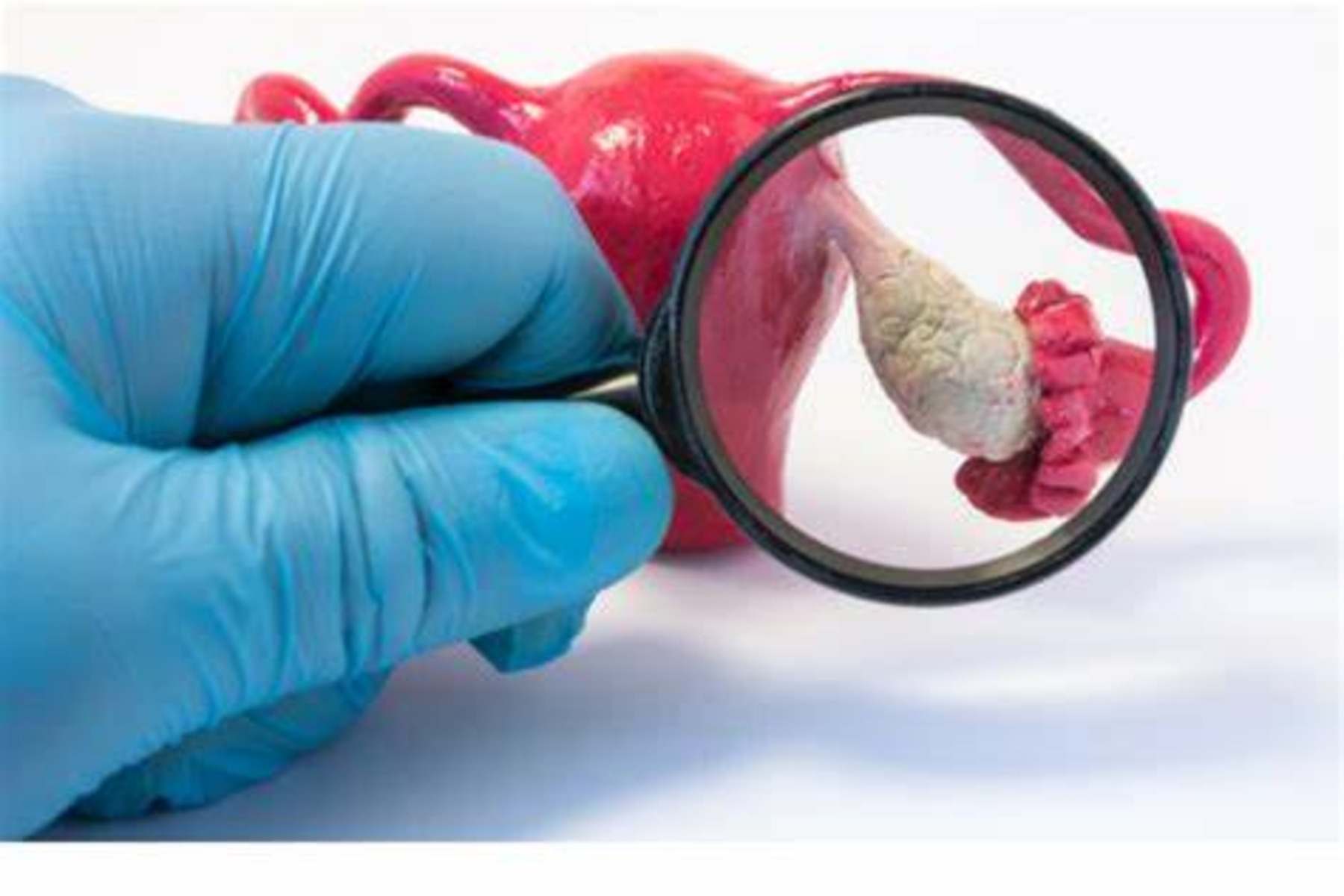PCOD problem, or Polycystic Ovary Disease, is a hormonal disorder that affects women of reproductive age. It is a condition where the ovaries produce an abnormal amount of androgens, which are male hormones that women also produce in small amounts. This hormonal imbalance leads to the growth of small cysts in the ovaries, which can cause irregular periods, difficulty in getting pregnant, and a range of other health issues.
Symptoms of PCOD
PCOD can present with a range of symptoms. Some are as follows:
- Irregular periods – Women with PCOD may have fewer periods than usual. Some females may experience periods that are heavy or prolonged.
- Excess hair growth on the face, chest, and stomach.
- Acne or oily skin.
- Weight gain, particularly around the abdomen.
- Difficulty getting pregnant due to irregular ovulation.
- Depression and mood swings due to hormonal imbalances.
- Sleep apnea.
Causes of PCOD
Although the exact cause of PCOD is unclear, it is believed to be associated with a blend of environmental and genetic factors. Those with a familial history of PCOD are at a higher risk of developing the condition. Additionally, other factors that may contribute to the development of PCOD include:
- Insulin resistance – Insulin is a hormone that helps the body use glucose for energy. Insulin resistance occurs when the body becomes resistant to the effects of insulin, which can lead to high blood sugar levels and the production of excess androgens.
- Inflammation – Chronic inflammation in the body can contribute to the development of PCOD.
- Obesity – Obesity is a risk factor for PCOD because it can lead to insulin resistance and hormonal imbalances.
Suggest to read :- PCOS Treatment Diet
Treatment of PCOD
There is no cure for PCOD, but there are several treatment options that can help manage symptoms and improve overall health. The treatment plan will depend on the individual’s symptoms and goals, and may include:
- Lifestyle changes – Making lifestyle changes can help improve symptoms of PCOD. This may include losing weight, exercising regularly, and eating a healthy diet that is low in carbohydrates and high in protein.
- Medications – Medications can help regulate menstrual cycles, reduce excess hair growth, and improve insulin resistance. Common medications used to treat PCOD include birth control pills, metformin, and spironolactone.
- Fertility treatments – Women with PCOD may have difficulty getting pregnant, but fertility treatments such as ovulation induction, intrauterine insemination (IUI), and in vitro fertilization (IVF) can help.
- Surgery – In rare cases, surgery may be necessary to remove cysts from the ovaries.
Prevention of PCOD
There is no surefire way to prevent PCOD. However, there are steps women can take to reduce their risk of developing the condition:
- Maintain a healthy weight – Women who are overweight or obese are at a higher risk of developing PCOD, so maintaining a healthy weight through a balanced diet and regular exercise can help reduce the risk.
- Avoid smoking: Smoking can contribute to hormonal imbalances and increase the risk of developing PCOD.
- Manage stress: Chronic stress can contribute to the development of PCOD. So finding ways to manage stress, such as through meditation, exercise, or therapy, can be helpful.
- Eat a healthy diet – A diet that is low in carbohydrates and high in protein can help regulate insulin levels and reduce the risk of developing PCOD. A balanced diet that includes whole grains, fruits, vegetables, lean proteins, and healthy fats can also provide essential nutrients and help maintain overall health.
- Regular exercise – Regular exercise can help maintain a healthy weight, reduce insulin resistance, and improve overall health. If you can’t do workouts of high intensity, you should take exercises of moderate intensity for 30 minutes a day.
- Reduce exposure to environmental toxins – Exposure to environmental toxins, such as pesticides, can disrupt hormone levels and increase the risk of PCOD. To reduce exposure, choose organic produce and avoid using chemical cleaners or personal care products.
Conclusion
PCOD is a common hormonal disorder that affects many women of reproductive age. While there is no cure for PCOD, there are several treatment options that can help manage symptoms and improve overall health. Making lifestyle changes, such as maintaining a healthy weight, avoiding smoking, managing stress, eating a healthy diet, and getting regular exercise, can also help reduce the risk of developing PCOD. Women who are experiencing symptoms of PCOD should consult with their healthcare provider for an accurate diagnosis and treatment plan.




